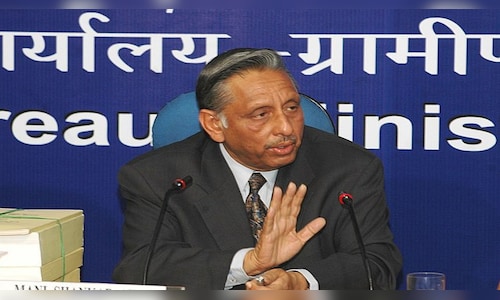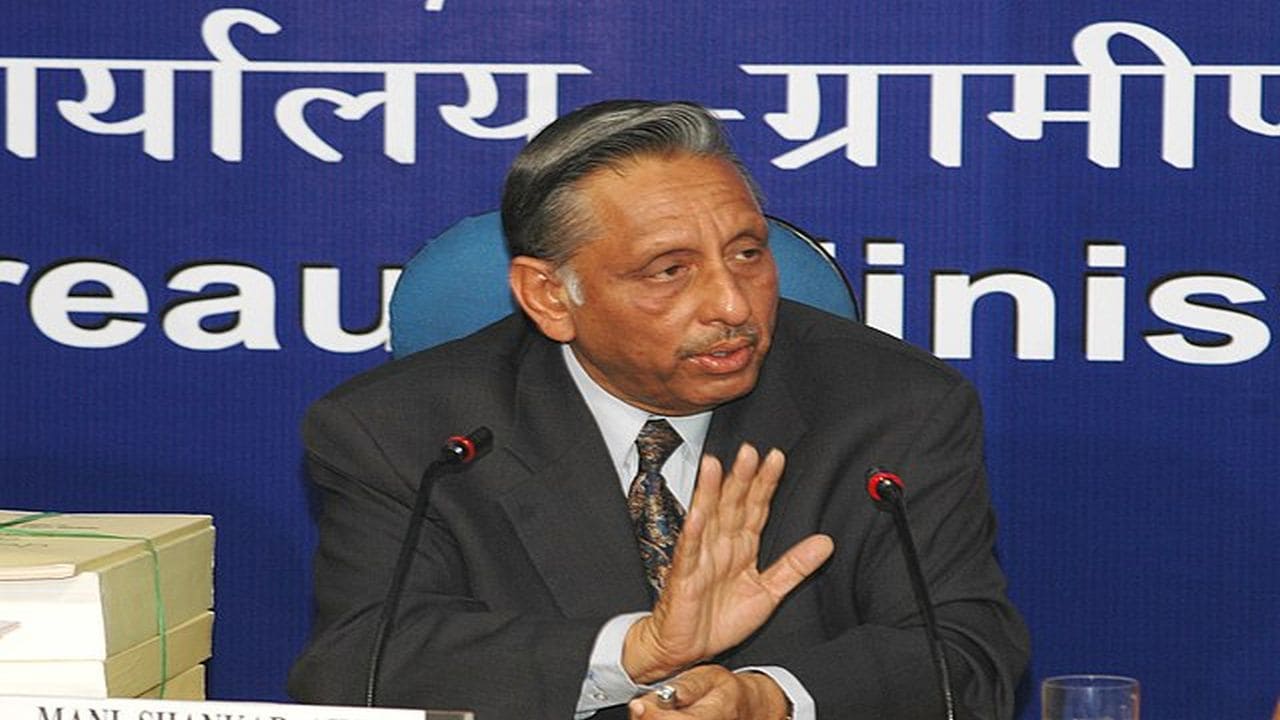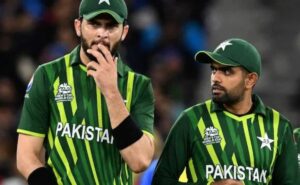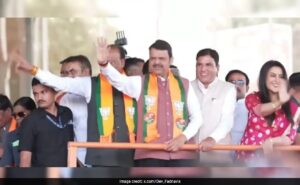

Aiyar disclosed that, except for one instance, he had minimal meaningful interactions with Rahul Gandhi, and he had spent time with Priyanka Gandhi only on two occasions.
“For 10 years, I was not given an opportunity to meet Sonia Gandhi one-on-one. I was not given an opportunity, except once, to spend any meaningful time with Rahul Gandhi. And I have not spent time with Priyanka except on one occasion, no, two occasions. She comes on the phone to me, so I’m in touch with them. So, the irony of my life is that my political career was made by the Gandhis and unmade by the Gandhis,” Aiyar said during the interview.
He shared an anecdote about having to wish Rahul Gandhi on his birthday during a period when he was suspended from the party. Unable to approach Rahul directly, Aiyar asked Priyanka Gandhi, who was not active in politics at the time, to convey his wishes.
“I happened to meet her (Priyanka Gandhi), and she’s always been very kind to me,” he said. “And I thought that since Rahul’s birthday was in June, I could ask her to convey my greetings to Rahul.”
Priyanka, surprised by this request, asked why he wasn’t speaking to Rahul himself. Aiyar replied, “I said I am suspended and therefore I can’t talk to my leader.”
EXCLUSIVE | VIDEO: “For 10 years, I was not given an opportunity to meet Sonia Gandhi one-on-one. I was not given an opportunity, except once, of spending any meaningful time with Rahul Gandhi. And I have not spent time with Priyanka except on one occasion, no, two occasions. She… pic.twitter.com/A40wVsV0vd
— Press Trust of India (@PTI_News) December 15, 2024
In his forthcoming book, A Maverick in Politics, published by Juggernaut, Aiyar delves into key political moments, including his opinion on leadership during the UPA-II era. He argues that Pranab Mukherjee should have been handed the reins of the government, while Manmohan Singh should have been elevated to the presidency when the position became available in 2012.
“The choice of Rashtrapati: Manmohan Singh or Pranab Mukherjee. Personally, I was of the view that Pranab Mukherjee should have been given the reins of the government and Dr Manmohan Singh elevated to President of India when the office of Rashtrapati presented an opening in 2012,” Aiyar writes.
The 83-year-old leader believes this step would have prevented the “paralysis of governance” that plagued UPA-II. He says the decision to retain Manmohan Singh as Prime Minister while shifting Pranab Mukherjee to Rashtrapati Bhavan “doomed” Congress’s chances of forming UPA-III.
Explaining his view, Aiyar told PTI, “Manmohan Singh had six bypasses. So, we were crippled at the head of the government and at the head of the party. But there was one man who was still full of energy, full of ideas, had a certain amount of charisma, and could have run either the party or the government or even both. And that was Pranab Mukherjee.”
Aiyar further remarked, “…And if that had happened, if Dr. Manmohan Singh had become President and Pranab had become the Prime Minister, I still think we would have lost in 2014. But not by this massive humiliating defeat that we actually had, where we fell to 44 seats. I mean, a party that had been at 414 in 1984, December, had fallen in 2014 to 44 seats. And that is because there was no governance,” he said.
Also Read: BJP govt in Rajasthan completes 1st year in office, lists several achievements
The book also revisits controversies involving Aiyar, including his alleged “chaiwala” remark about Narendra Modi and the “neech” row. Aiyar claims that his comments were twisted to portray him unfairly.
He recalls the beginning of the 2014 elections as a personal low point when, during a pre-election plenary session on January 17, 2014, he was interviewed at the Talkatora Stadium in New Delhi.
“I never called Narendra Modi a ‘chaiwala’,” Aiyar writes. He clarifies that his belief in Modi’s unsuitability for the prime ministerial post was unrelated to his past as a tea seller.
Aiyar elaborates, “It was outrageous for a man who did not know that Alexander had never come to Pataliputra or that Taxila (Takshashila) is in present-day Pakistan to seek to step into Jawaharlal Nehru’s shoes. The people of India would never accept this, I said, adding, ‘Never! Never! Never!’ in thundering tones. I then quipped that if, after he lost the election, Modi still wanted to serve tea, we could make some arrangements for him here.”
He asserts that this quip was misinterpreted and that he never referred to Modi’s tea-selling background as a disqualification for the Prime Minister’s role.
In the book, Aiyar also addresses the “neech” comment controversy, asserting that his words were misrepresented. He accuses Modi of twisting his statement to suggest caste-based discrimination, which Aiyar denies vehemently.
“The Congress campaign in Gujarat was running on the wholly misconceived notion that Rahul Gandhi was going to win the state in his very first election outing after being elected party president. So, the party and the leadership persuaded themselves that I had upset the applecart,” Aiyar writes.
He said that no one sought clarification from him or reviewed the video footage of his comments. He criticises the party for failing to challenge Modi’s portrayal of the incident, which he believes was part of a broader pattern of manipulating facts in election contests.



